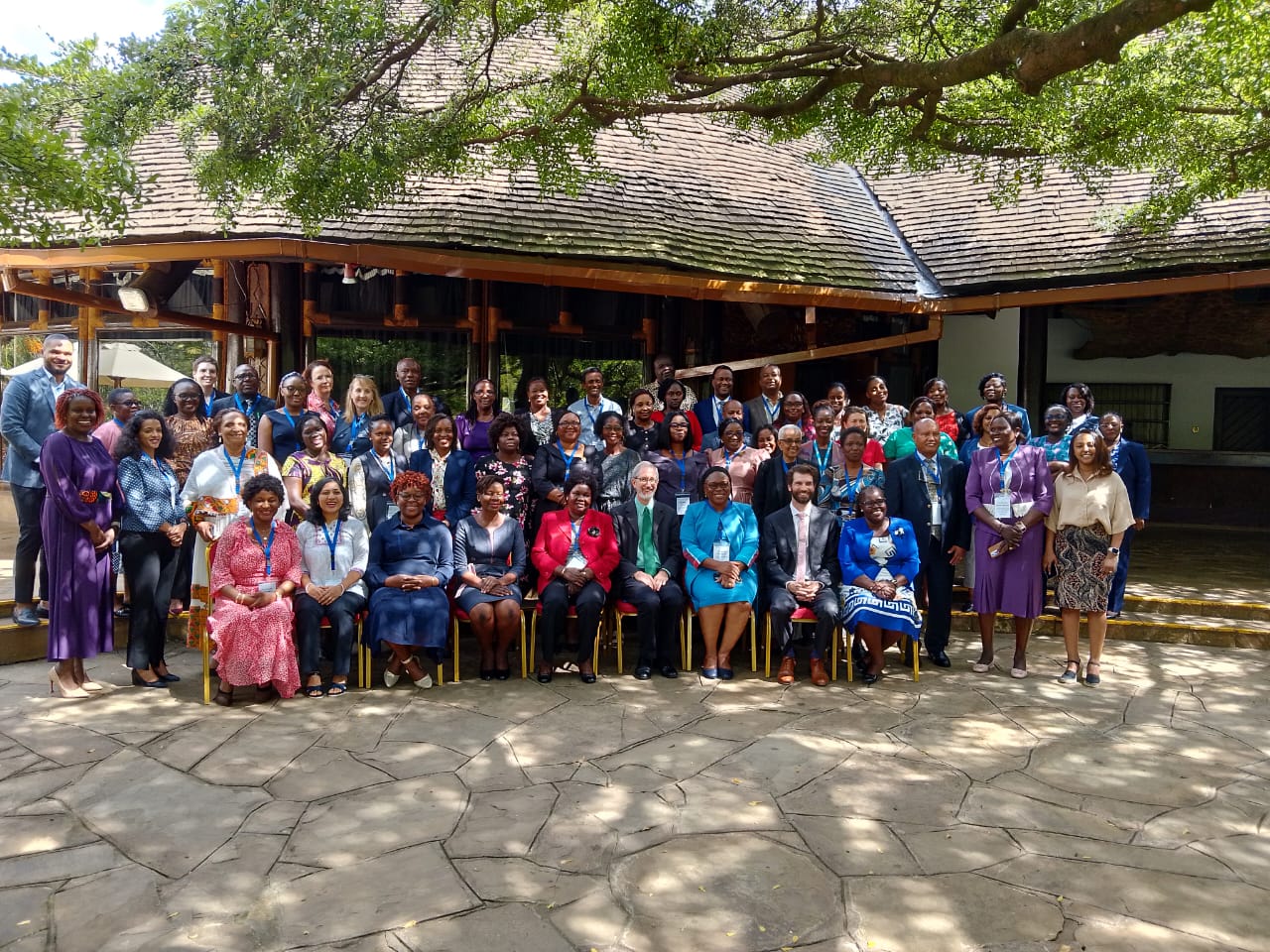Facilities providing maternal and newborn care have been urged to implement the guidelines outlined in the Baby-Friendly Hospital Initiative (BFHI) to reduce infant mortality by improving breastfeeding practices.
BFHI is an evidence-based ten steps guideline by the World Health Organization (WHO) and the United Nations Children’s Fund (UNICEF) to promote optimal clinical care for new mothers and their infants. The guidelines play a critical role in ensuring that health facilities can support mothers to initiate and continue breastfeeding successfully.
Global data show that approximately 820,000 lives can be saved annually if breastfeeding practices are improved. Moreover, the majority of infants die before their first birthdays, with 72 infant deaths per 1000 live births still happening against the global target of less than 25 infant deaths per 1000 live births.
“BFHI is critical in protecting and supporting breastfeeding, which is fundamental to the health and well-being of infants and their mothers. By creating environments that encourage and facilitate breastfeeding health facilities, providing maternity, and new-born services, we can significantly reduce infant mortality rates and enhance the overall health outcomes of our communities,” Dr. Betty Lanyero noted. She was reading the speech of Dr. Diallo Abdourahmane, WHO representative, Kenya during the ongoing capacity building workshop on the implementation of the BFHI for African countries, in Nairobi, Kenya.
The workshop has been organised by WHO, UNICEF and the United States Agency for International Development (USAID) and attended by delegates from over ten countries including Kenya, Malawi, Ghana, Uganda, South Sudan, Tanzania, Zambia, Nigeria, Zimbabwe, and Ethiopia. The participants will share experiences and learn from one another to come up with an action acceleration plan and implementation on BFHI.
In her opening remarks, Dr. Charity Zvandaziva-Eastern and Southern Africa Region Nutrition Specialist UNICEF noted: “There is a great need to scale up initiatives like BFHI to support mothers to exclusively breastfeed their children. This workshop presents an opportunity for us to collaborate, learn from each other, and gain valuable insights that will contribute to our efforts to improve breastfeeding in your countries and our region.”
Science has proven that mothers who receive optimum quality care are likely to be more successful with breastfeeding in the long term. However, mothers who did not receive optimum quality care risk facing difficulties during breastfeeding including not producing enough milk among others.
“Breastmilk meets all the baby’s nutritional needs up to the age of 6 months, including providing immunity to the baby. Nearly half of diarrhoea episodes and one-third of respiratory infections are due to inadequate breastfeeding practices. Breastfeeding also promotes bonding with the mother and promotes early childhood development, with evidence that breastfed children perform better on intelligence tests,” Dr Patrick Amoth-Acting Director General for Health, Ministry of Health Kenya noted. Dr Amoth was represented by Leila Odhiambo- Acting Division Head for Nutrition and Dietetics at the event.
Dr. Amoth notes that achieving the global target of 50% exclusive breastfeeding by 2025, demands more effort and resources, particularly in countering the promotion of formula milk and addressing cultural norms hindering early initiation and exclusive breastfeeding.
“Given the need to meet the 2030 goals for breastfeeding to ensure the well-being of our children, we all need to put in efforts, starting with the government with the support of development and implementing partners, roll out BFHI in all the facilities offering maternity services in the country, and implement mentorship programme for breastfeeding counselling to reinforce the skills and competencies acquired through classroom training,” the speech reads.




